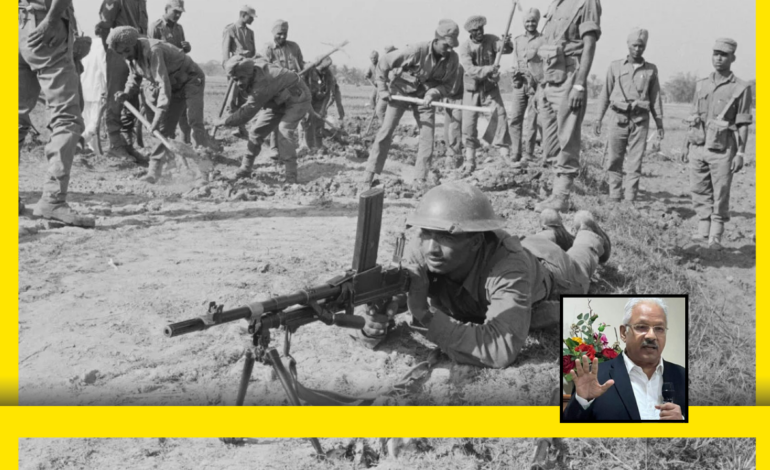
I was just eight years old when the India-China war erupted in 1962. At that age, I was too young to understand its geopolitical significance or the cost it would impose on the nation. What I do remember vividly is how our school in Pathanamthitta organised a student rally.
We paraded through the town, raising slogans against Chinese Premier Chou En-Lai, mimicking and mocking the so-called “flat-nosed” Chinese. We were caught up in the fervour, clueless about the consequences of the conflict or the tragedy it entailed. We were children, unknowingly participating in the theatre of nationalism.
In those days, our only sources of information were All India Radio and the Malayala Manorama newspaper. Both consistently reported that India was making progress on all fronts. The illusion was complete. So much so that, in my naive imagination, I believed India would soon march all the way to Peking.
The truth, as we would learn later, was painfully different. Indian forces were retreating, ill-equipped for the terrain, and overwhelmed by the better-prepared Chinese army. But misinformation, as it often does during wars, became a salve to public anxiety — and a tool to sustain public morale.
One image remains etched in my memory. As part of the war effort, Indira Gandhi, then a prominent political leader though not yet Prime Minister, visited our town. My father took me to a paddy field near the Pathanamthitta Government Hospital where she addressed a large crowd. He lifted me onto his shoulders so I could see her.

The crowd, especially the women, came forward to donate their gold ornaments. It was a gesture of sacrifice, sincere but tragic in hindsight — for it symbolised how ordinary people always end up paying for the decisions made by those in power.
In an unforgettable moment of symbolism, the people of Pathanamthitta presented Indira Gandhi with a freak pineapple that had multiple crowns. After the official photo was taken, she requested that the pineapple be auctioned — American-style. It fetched an astounding sum of Rs 30,000, a king’s ransom in those days. Yet, behind the spectacle lay the somber truth: war was being glorified, even commodified.
Around the same time, one of my uncles joined the Army. After the war, when he returned home, we gathered around him like curious schoolchildren and asked him how he fought the Chinese. He spun a tale — half truth, half legend — about venturing deep into enemy territory, confronting sleeping Chinese soldiers, and killing them all with a single bullet, thanks to a clever trick of asking them to stand in a line. At the time, we were in awe.
Today, I see it as a story born from bravado, perhaps constructed to conceal fear, futility, and the absurdity of it all. Such stories feed the national ego but often bury the trauma that soldiers endure.

The 1965 war with Pakistan brought more visible suffering. I remember how food scarcity plagued parts of Kerala. In many places, trucks carrying rice were stopped and looted. My family was fortunate — my aunt, a ration dealer, sent us half a sack of rice.
But prices of essential items soared. Kerosene was scarce. Many homes had no electricity, so people simply went to bed after sunset.
Economic activity stalled. Fishermen stayed home due to restrictions on sea movement. All this, in Kollam district — nearly 5,000 kilometres away from the actual battleground.
It’s important to remember that this suffering wasn’t because food and fuel were being diverted to the military. It was hoarding — by traders looking to make a profit — that led to the scarcity. War, for them, was an opportunity to exploit human misery.
Newspapers flew off the shelves. Tea shops became gathering places for people to hear the news read aloud. The All India Radio bulletins in Malayalam had more listeners than ever, though few households owned radios. Yet again, all reports were one-sided. India was always winning, always striking deep into Pakistani territory. The public had no way to verify this.
Unlike today, wars then were not communalised. There was no targeting of religious groups. People were united in fear and patriotism. Fortunately, the war did not last long.
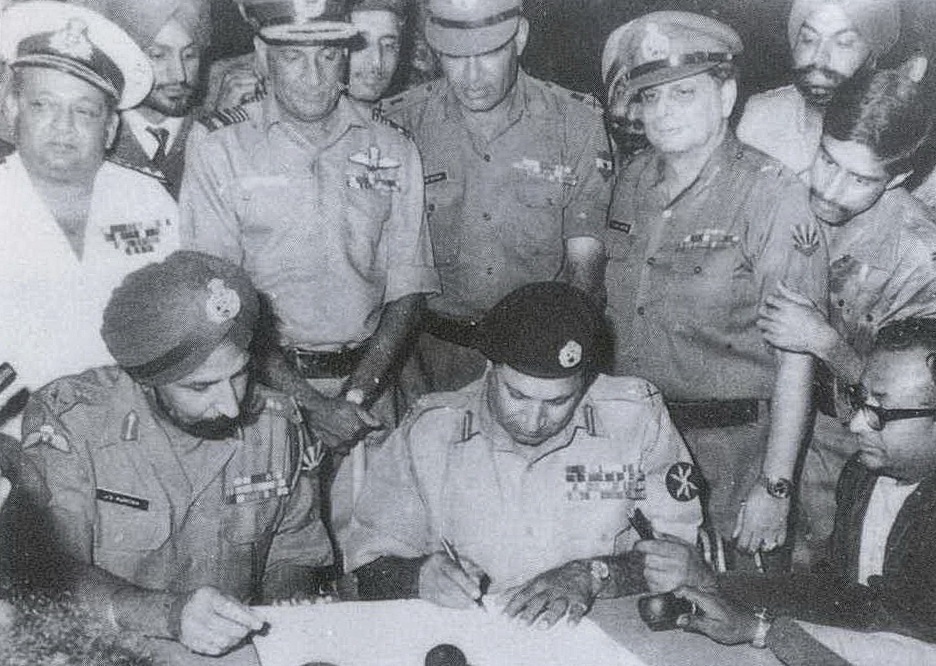
In 1971, when I was a college student, war visited us again. It brought with it a now-familiar set of sufferings. Food hoarding, price spikes, and essential items vanishing from the market. Kerala, a consumer state, was hit hard. Supplies stopped coming. Stray incidents of truck looting happened. The public distribution system crumbled. Yes, there was euphoria when Bangladesh emerged as a new nation. But the human cost — in lives, in suffering — remained invisible to most.
By the time the Kargil conflict happened in 1999, I was a journalist. This was India’s first televised war. Viewers watched correspondents like Barkha Dutt report from the frontline. The public, for the first time, got a closer look — albeit curated — at the realities of war.
The conflict was the result of a massive intelligence failure. Pakistan had occupied a larger area in Kargil than the size of Delhi before India even noticed. The cost of regaining that territory was immense — in terms of soldiers’ lives and national dignity.

Ironically, it was U.S. President Bill Clinton’s stern warning that reportedly forced Pakistan to withdraw. Strobe Talbott, the American diplomat, recounted this in his memoirs. His version differs from India’s official narrative. But the point remains: even in victory, we are left nursing the wounds of war — economic dislocation, diplomatic strain, and a shaken military.
I remember how onion and potato became luxury items in Delhi during that time. People who could afford them bought in bulk, hoarding them while others went without. In theory, wars should inspire solidarity. In practice, they often unleash selfishness and fear. The strong survive. The poor suffer.
The truth is, war never truly achieves what it claims to. It may redraw borders, topple regimes, or create new nations. But its real outcome is measured in widows, orphans, amputees, and refugees. It breeds hatred that lasts generations. It gives rise to jingoism, censorship, and propaganda. It consumes young lives and exhausts national wealth.
I dread every war — whether in Gaza, Ukraine, or on the borders of my own country. War is often the result of political failure or the vanity of leaders who never send their own children to fight. The people, always the people, pay the price.

In an age of nuclear weapons and global interdependence, the cost of war is no longer just national — it is existential. A misstep can wipe out millions.
Peace, not war, must be our aim. Only peace allows children to go to school, markets to remain open, farmers to till the land, and families to sleep without fear. Peace is not the absence of war, but the presence of justice, dialogue, and understanding.
War, I have learned over the decades, is not brave. It is foolish. And we, who cheer it from a distance, are often the most blind.
This article was also published in Punjab Today News and can be read here.


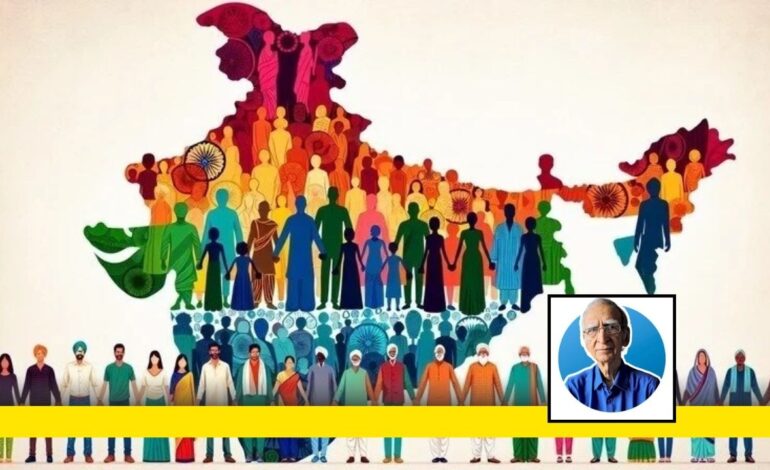
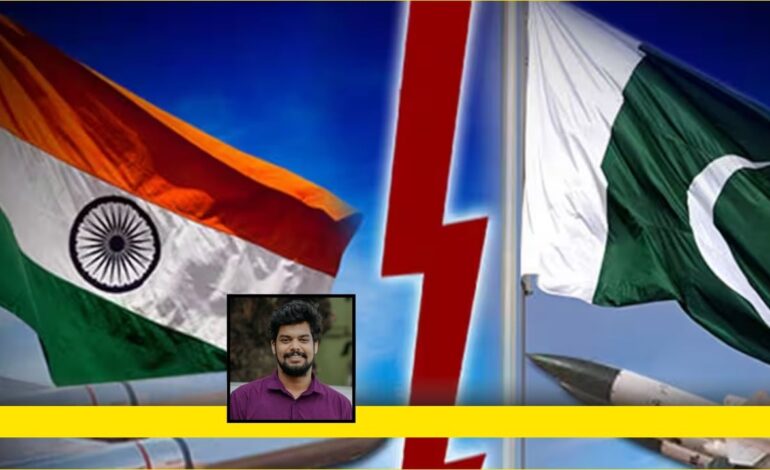
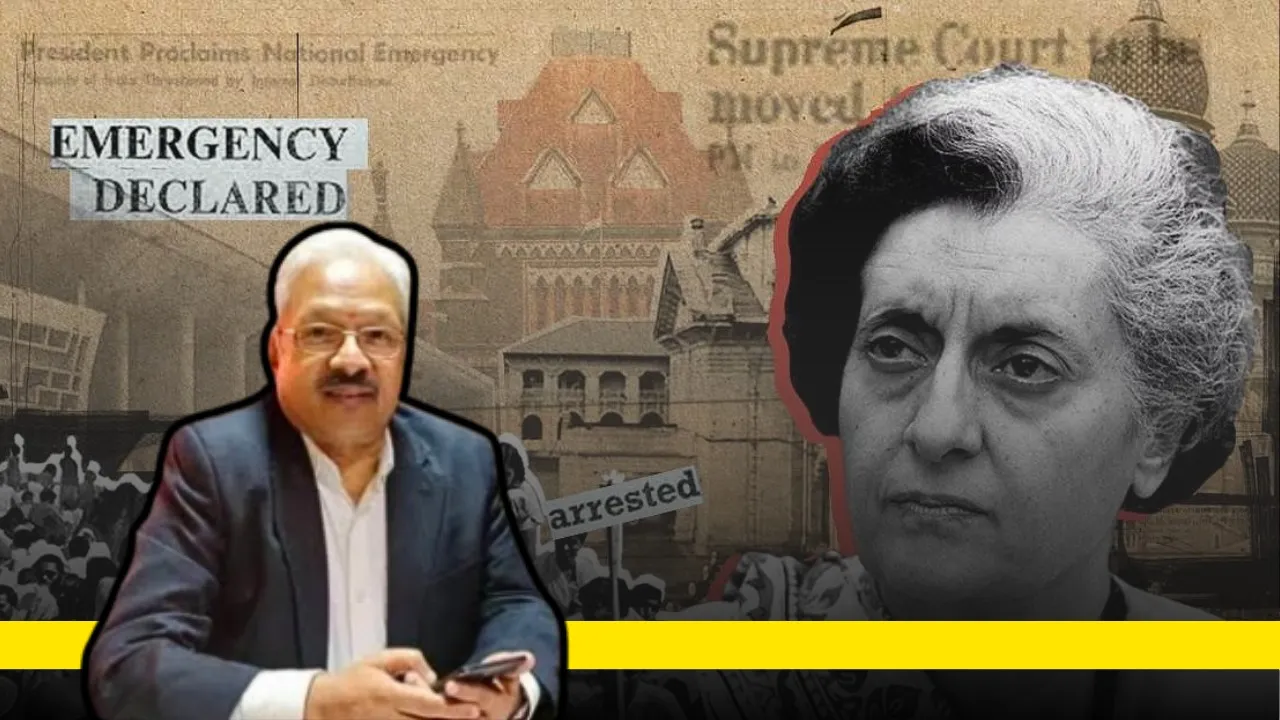
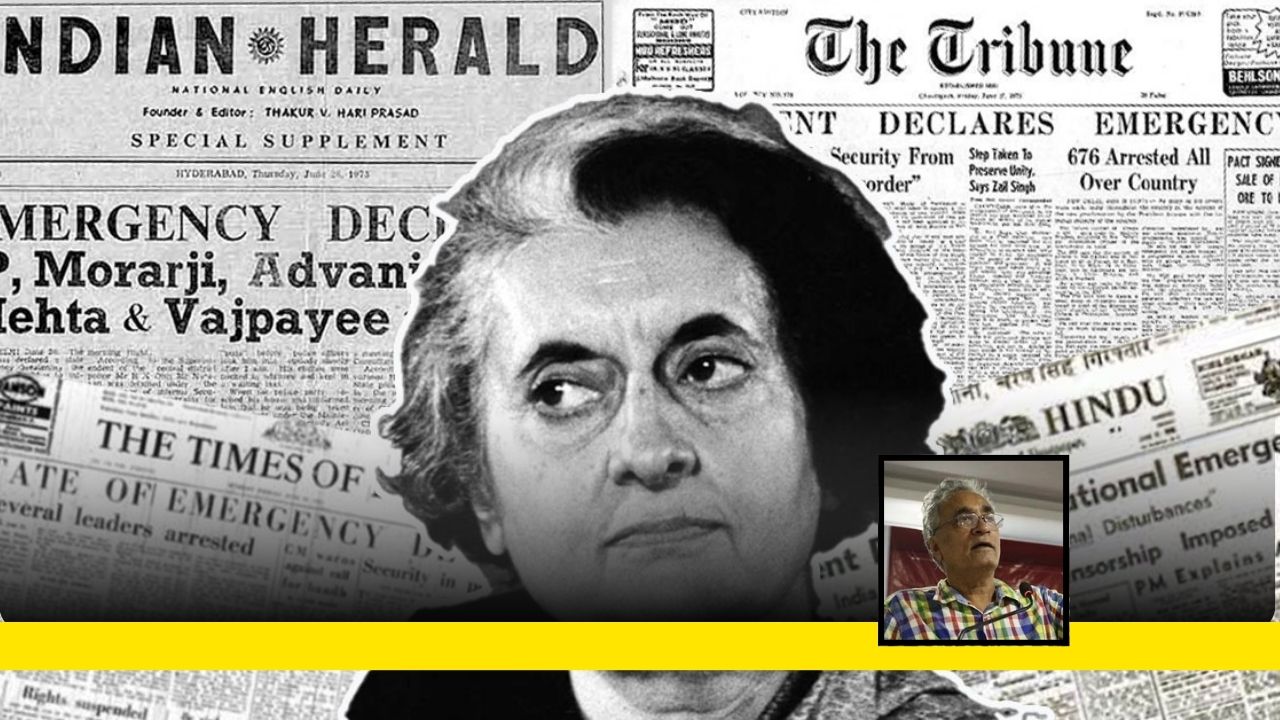
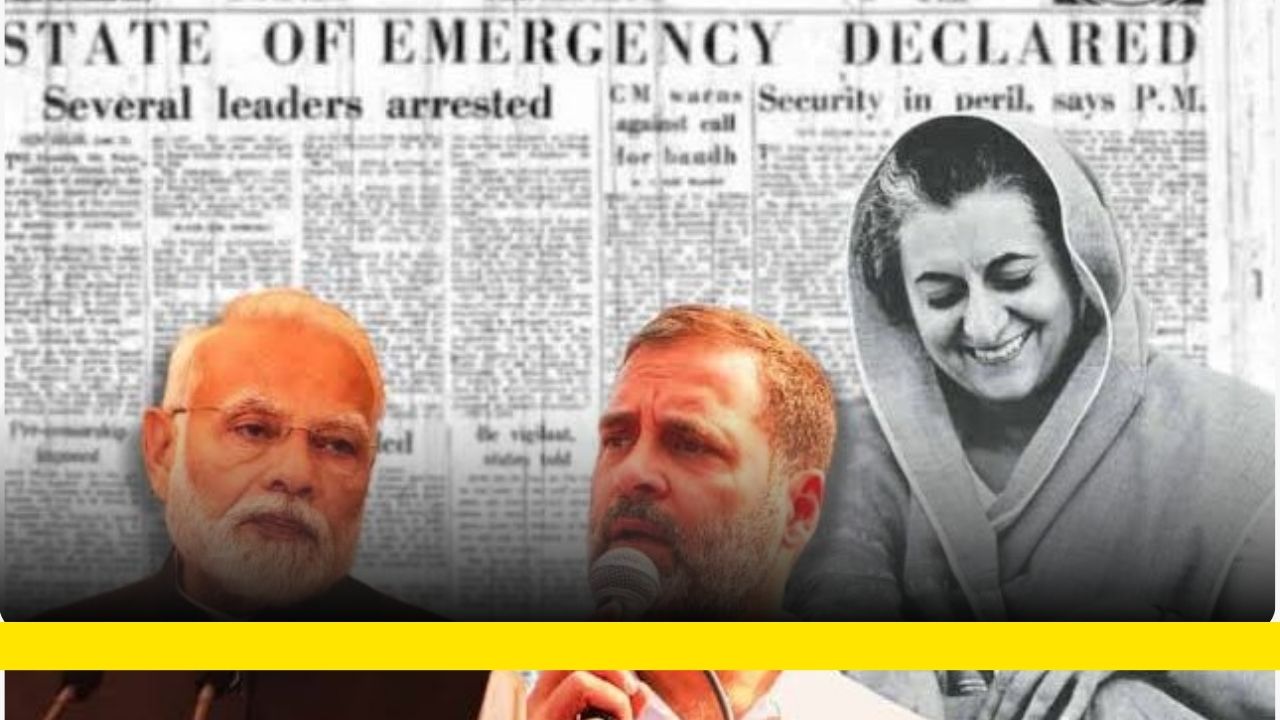
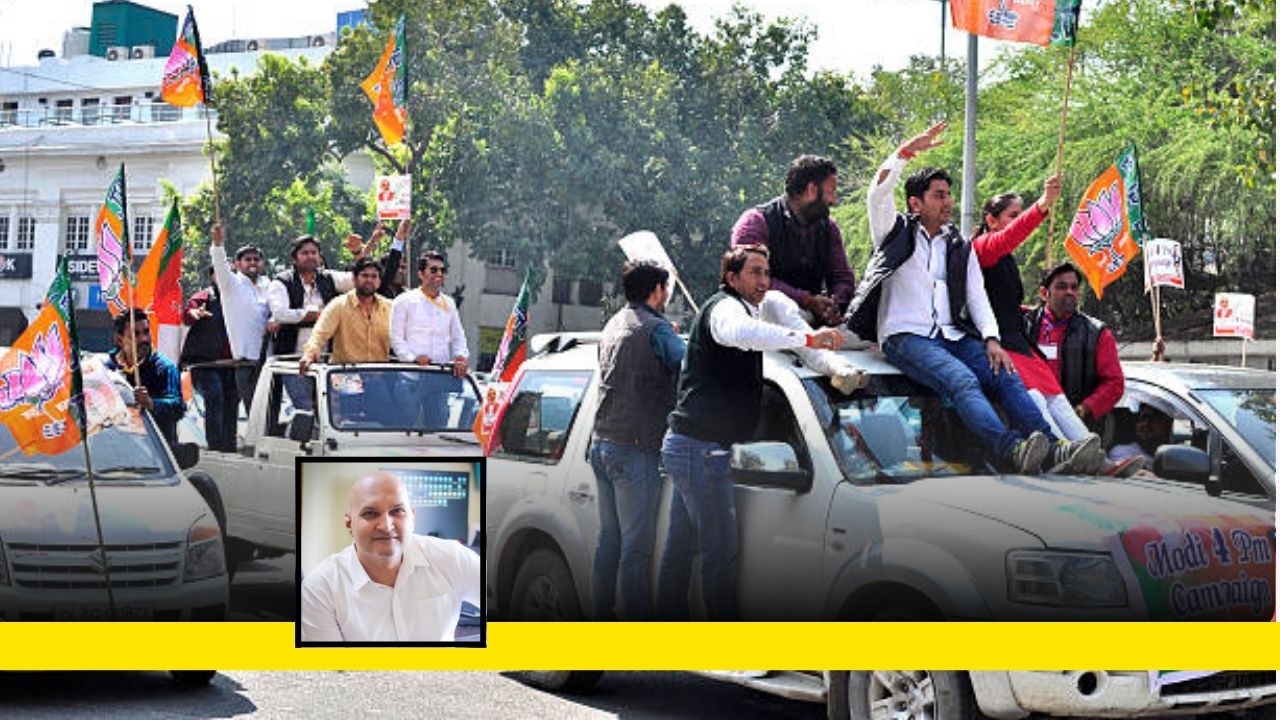


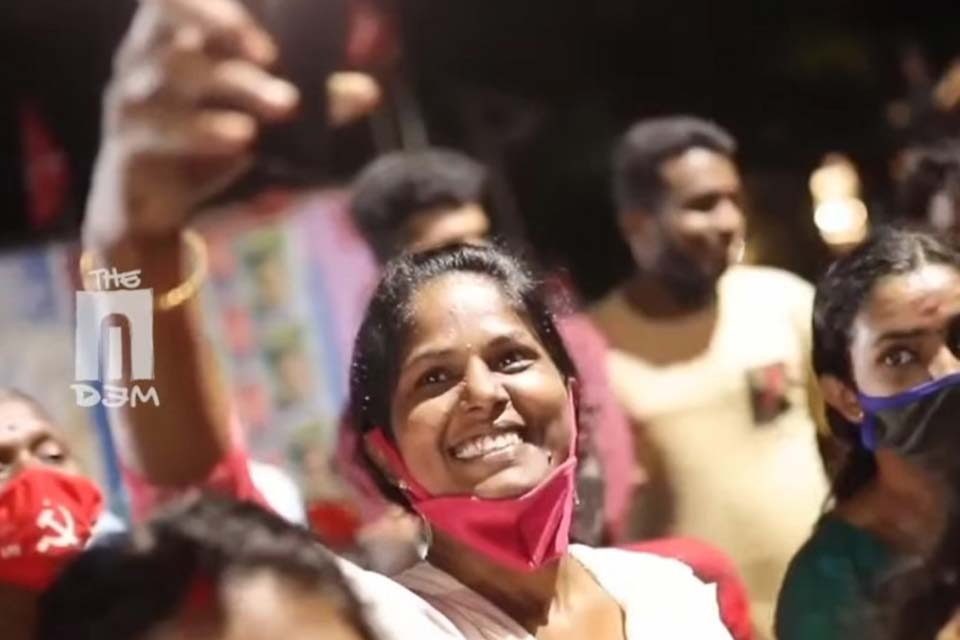

AJ Philip sir’s writing represents , old fashioned, good journalism . Staid , straight and full of empathy. Thank you sir for this and all the points you continue to make on crucial issues facing the country